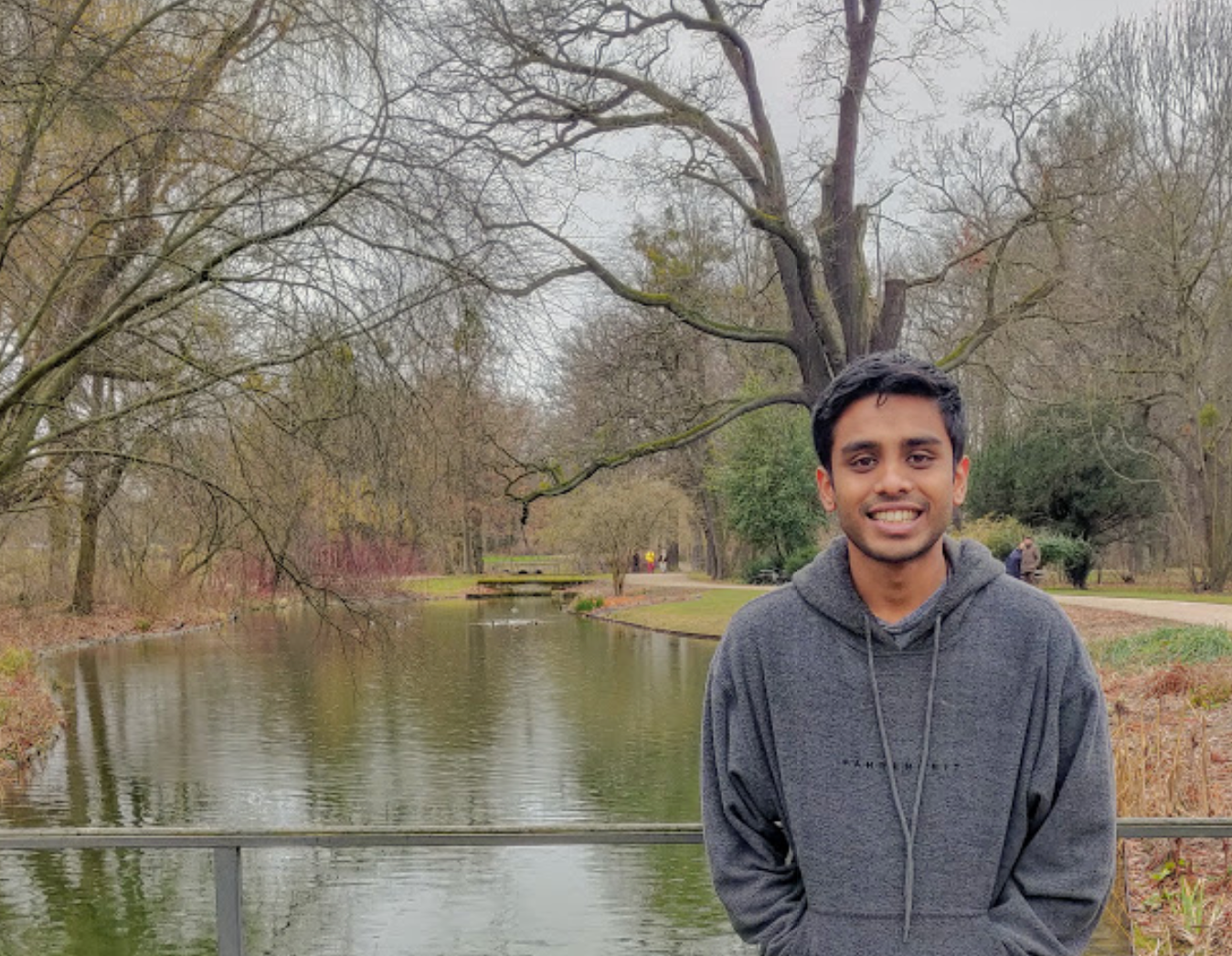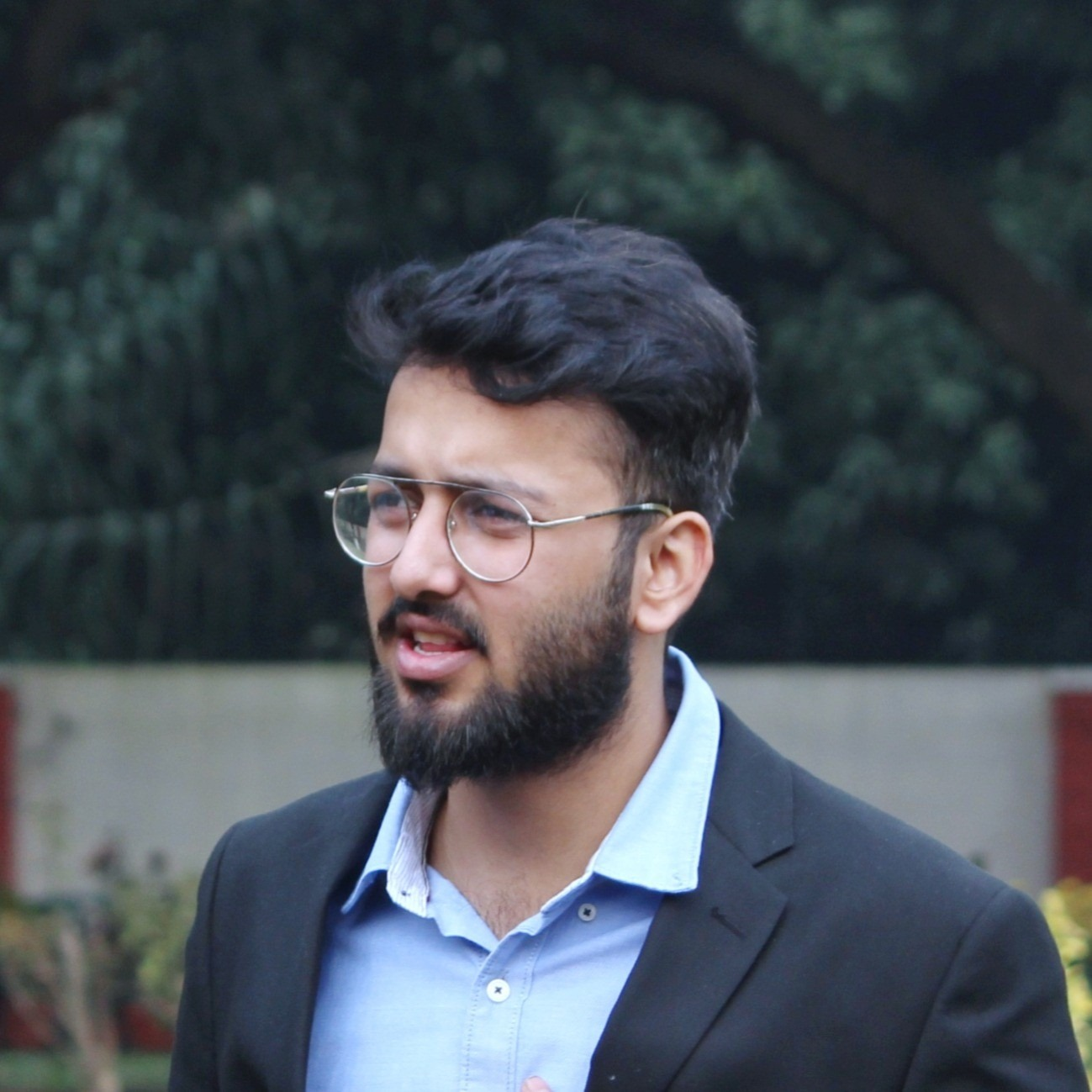

Body of IITR

While everyone was coding and developing their way towards the upcoming internship season, I, on the other hand, was intrigued by the field of management consultancy. Being a part of ShARE IIT R, I had a good idea of how the industry looks, which drove me to try for real-life corporate work experience at the end of my second year. Time and again, I had second thoughts about whether I should just code and secure an internship on campus or really try something that interests me. I didn’t find many seniors who insisted on the latter, so I thought of trying a consulting internship in my second year, and if I don’t feel like doing it anymore, I’ll code and sit for on-campus placements and internships.
Building upon this, I started applying through connections (personal and Linkedin) and tried every other means to get in touch with consultants at the firms I wanted to work with. My target firms were not limited to any category, but Tier 1/ Tier 2 consulting firms don’t usually hire UG sophomores, let alone students from non-target schools, So I started applying for them as well as other boutique firms and Big 4 consult firms. Through a connection, I bagged an interview at PwC India for the management consultancy profile and cracked it. Just to give a background, PwC is one of the four largest professional services firms across the world, collectively known as “The BIG 4“. The experience was a real learning experience majorly in terms of corporate work culture.
PwC, like almost every other consulting firm, doesn’t have a structured procedure for hiring for internships as well as jobs. The selection process is generally getting an interview, and based on how that pans out; they have their further rounds with no limit to scope and number of interview rounds.
In my case, it all started with receiving a mail asking for a time slot to schedule my interview for the internship. I had applied to PwC (Gurgaon Office) through a personal connection two weeks before that, who had forwarded my resume to the HR department. So I had my first round of interviews over a video call. Most parts of the interview were based on my resume and why I wanted to pursue management consultancy. Having mentioned the secondary research analysis I did as part of ShARE, the interviewer asked me to make a 5-page slide on the topic “How would Consulting look like in 2030“ for the next round of interviews. So I had two days to prepare the deck that I submitted and waited for a couple of weeks. After that, I received an email stating I was selected for the next round. The next round kicked off with a couple of guesstimates, which I did well at. After that, the interviewer questioned me on one of my previous projects, and we had an in-depth discussion on it, which felt like we were solving a real-life case problem. I received an offer letter one week later. :)
I think for applying to consultancy firms, you don’t require many tangible skills. Every consulting firm believes its real value is in its people. Since almost no tangible skills are required, obviously, your resume becomes an important factor in getting an interview. So keeping in mind no consultancy firm comes to Roorkee, resume screening is very crucial for off campus applications. So how they analyze your resume is through an ACTL framework.
A - Analytics (experiences showing your analytical/problem-solving skills) C - Communication (how good can you communicate in written through resume and verbally later in interviews) T - Teamwork (experience in showing your ability to work and coordinate in a team) L- Leadership (experience where you led a team or were at a PoR. E.g. Led the consulting club at campus)
I think I should not go deep in the resume analysis. However, anybody who wants to know more can get in touch with me.
Now for the interview part, they test you on how smart you are, how well you can structure problems, and recommend solutions. Besides the resume-based questions, there are majorly two ways consulting firms do this with slight variations on where you are applying.
As resources, there are very good books like Case Interviews Cracked, Youtube videos from Victor Cheng. Apart from these, you can start applying structure to your thoughts in real life. For instance, try calculating (without measuring :P) what is the length of a road in the IIT Roorkee campus next time you are roaming around campus.
Overall, you need to sell yourself to the company. Not only do you need to be good at cases, guesstimates, etc. but you also need to be smart and sound smart during the entire course of the interview.
Since PwC doesn’t have a structured internship program for lateral hires, it was quite likely that my offer would be revoked. But with laptop delivery not possible due to the RedZone restrictions, they introduced a global software allowing the new hires to work from their personal laptop till delivery was possible. It was amazing to see how invested the firm was in its employees.
Post the virtual induction of 2 days; I was assigned a people’s manager and a buddy mentor. The buddy was my go-to person in every problem I faced. People’s manager was at a more senior position; however, he too was always all ears to whatever obstacles I was facing.
I was assigned to a project which was a part of a number of projects with the client, a multilateral development bank, and we were advising them on improving the maritime trade between 7 Southeast-Asian countries under the SASEC (South Asia Subregional Economic Cooperation) umbrella. My project focused on improving port logistics across 20 ports in these seven countries. Overall, my internship had 3 phases of work.
In the first phase of work, I worked with the team to conduct secondary research, profiled ports, identified pain points, and compared them with international benchmarks.
The second phase was relatively short, consisting of forming the hypothesis theory. This was the most interesting part where the teams brainstormed about what could be the possible reasons for the identified bottlenecks and recommended possible solutions.
The third part consisted of validating the secondary research and our hypothesis through primary interviews with different stakeholders. This part was the most challenging as getting insights from very short calls is quite difficult.

As for the work culture, the people at PwC were very helpful at every step right from onboarding till the LWD. Although the life of a consultant is very hectic, the team still took out time to get on video calls having chats over coffee. I was treated like any other employee in the team. Sometimes, my insights and work went right into the client-ready deck, which felt very nice. Moreover, my team recommended to my people manager for an extension of my internship by one month.
As I mentioned earlier, this internship consolidated my interest in management consulting. This experience not only helped me see corporate life but also insights into how the life of a consultant looks like. In a nutshell, the experience was very enriching for me. I am pleased to share with you all that I have a Pre-Internship Offer (PIO) from PwC India. Thanks for reading. Feel free to contact me in case of any questions or comments.